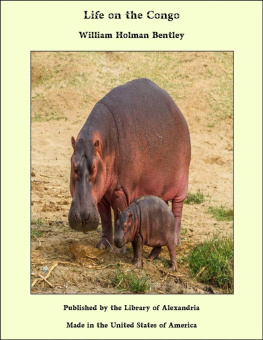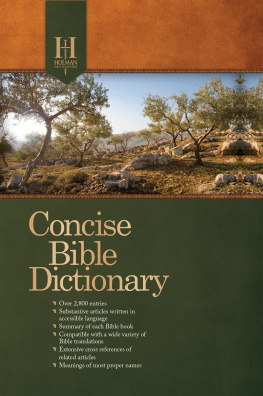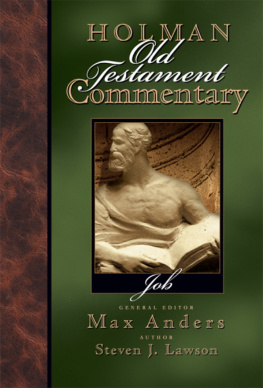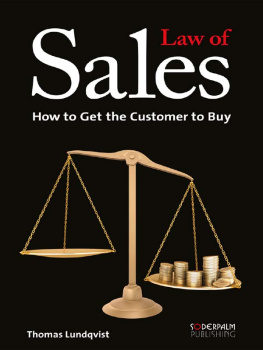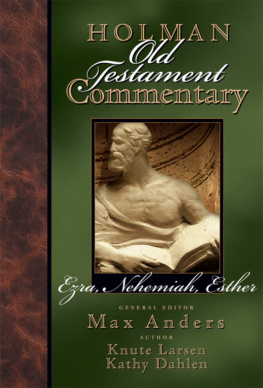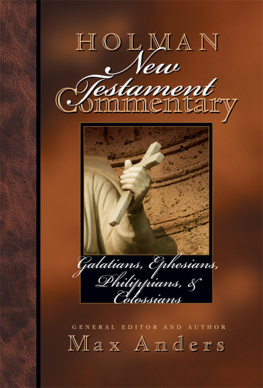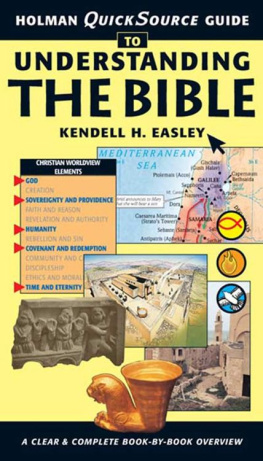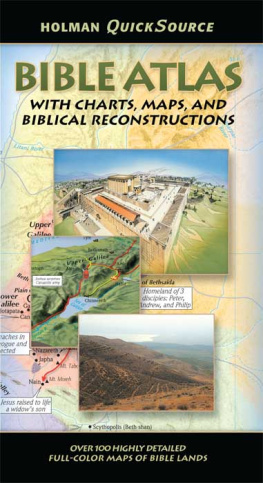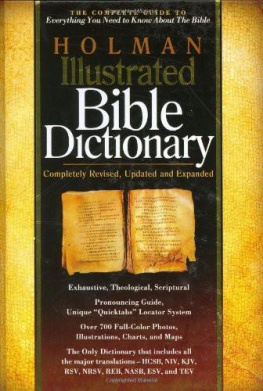Zoe Holmans Where the Water Ends is profoundly moving and thrillingly intelligent. Holmans greatest achievement is to give eloquent and distinctive voice to the experiences of asylum seekers caught in the malignancy of the EUs failure to address the plight of the refugee in the twenty-first century. Her anger is tempered by her thoughtful attention to the tragic repercussions and contradictions of history, and by her bracing compassion. The book is a record and a meditation and a plea. I thought it stunning.
Christos Tsiolkas
WHERE
THE
WATER
ENDS
SEEKING REFUGE IN FORTRESS EUROPE
ZOE HOLMAN
MELBOURNE UNIVERSITY PRESS
An imprint of Melbourne University Publishing Limited
Level 1, 715 Swanston Street, Carlton, Victoria 3053, Australia
www.mup.com.au
First published 2021
Text Zoe Holman, 2021
Design and typography Melbourne University Publishing
Limited, 2021
Choman Hardi, Life for Us, 2004, Bloodaxe books
This book is copyright. Apart from any use permitted under the Copyright Act 1968 and subsequent amendments, no part may be reproduced, stored in a retrieval system or transmitted by any means or process whatsoever without the prior written permission of the publishers.
Every attempt has been made to locate the copyright holders for material quoted in this book. Any person or organisation that may have been overlooked or misattributed may contact the publisher.
Text design and typesetting by Megan Ellis
Cover design by Peter Long
Cover image by Enri Canaj/Magnum Photos
Printed in Australia by McPhersons Printing Group
9780522876826 (paperback)
9780522876833 (ebook)
They force you to crawl, these mountains
Choman Hardi, Escape Journey, 1988
CONTENTS
AUTHORS NOTE
The names and other identifying details of some individuals interviewed have been altered or omitted in the text for privacy. Personal stories and experiences are recounted as they have been relayed to me first-hand. There is, of course, no way to confirm the veracity of many of these details beyond a reasonable balance of evidence, credibility and good faith.
Alongside interviews, the data, and political and anecdotal material included derive from a range of public and official sources, media outlets, UNHCR statistics, NGO reports, EU and governmental publications, blogs, activist Facebook pages and social media. Where the source has not been stated it is because it is either readily available or the source should remain confidential.
Where the Water Ends has also relied for factual, descriptive and critical material on published studies of European borders. Notably, statistics and primary sources relating to the 1922 population exchange appear in Bruce Clarks Twice A Stranger and Giles Miltons Paradise Lost: Smyrna 1922, as well as other academic sources. Much of the data and commentary on border fatalities has been compiled by Reece Jones in his compelling and assiduously researched book, Violent Borders. Central too, is the work of anthropologists and border studies scholars including Katerina Rozakou, Evthymios Papataxiarchis (Lesvos as a warzone without a war), Daniel Loick (Europes necropolitics in Lesvos) and contributors to Movements journal, among many more. Other critical concepts and data relating to border regimes and Europes migration crisis are from the work of journalists and writers, including Daniel Trilling (Lights in the Distance), Jeremy Harding, (Border Vigils), and Dina Nayeri (The Ungrateful Refugee).
I am deeply grateful for and indebted to these and other academics, journalists, activists and researchers for their ongoing efforts to investigate, document and critique border regimes the world over.
ACKNOWLEDGEMENTS
This book would not have come into existence without the abundant generosity of those who shared their experiences of Europes borders with me, and whose stories appear at length or in glimpses across its pages. I remain eternally grateful for the trust, patience, wisdom, inspiration and good humour I encountered in their telling. Saad, Mustafa, Salwa, Omar, Maryam, Abdo, Tamir, Aryan and Sherzadit should have been you writing this book, not me.
Similarly indispensable have been the time and energy afforded to me by innumerable activists, solidarians, NGO workers, professionals and other organisers in Greece and around Europe. Among them, my thanks in particular to participants from City Plaza, Piraeus Solidarity, Pampiraiki, Free Social Centre Favela, Friendly Humans, Still I Rise, Chios Solidarity, Mare Liberum, Mdecins Sans Frontires, Lighthouse Relief, Lesvos Solidarity, University of the Aegean Refugee Observatory and Deportation Monitor.
Alongside these are the equal contributions of the dozens more around Greece who talked to, accommodated, fed and watered, chauf-feured, educated, regaled, rescued or otherwise sustained me during the research for this book.
I am enormously grateful and indebted to Nathan Hollier for his undue faith in pioneering this project from the outset, and subsequent patience, toil, encouragement and very long leash over the course of its realisationI hope it was worth the gamble. I have been similarly fortunate to receive the warm support and dedication of the team at Melbourne University Publishing: in particular, my copyeditor, Sarina Rowell, and senior editor, Louise Stirling. My special thanks, too, to the Australia Council for funding the initial research for the project.
This book would also not have come to fruition without its progenitor, Rosa Holman, who joined the dots between writer and publisher; or the tireless support, sagacity and confidence of Philomena and Paul Holman.
Also integral to this project have been the ongoing backing and inspiration from members of my surrogate family in Greece, transient and too numerous to name. Special thanks, however, to Becky Thompson, for sharing the words, coastlines and yoga mats; to Ghias Aljundi, for the company, stories and superlatives; and to Nikos Branidis, for leading me and for following me.
Present in the backdrop of this project are other beloved friends who died during the course of its writingso this book is also for them and for the struggle to stay alive in all its many forms.
INTRODUCTION
The boat is almost empty. With five minutes to spare, we have thrown our European passports and IDs on the ticket counter at the port travel agency, our handfuls of stray euro and lire, in a pantomime of Western entitlement. The woman behind the desk raises an eyebrowtourists, Greeksand phones the crew to hold the ferry. The fare is twenty-five euro, steep in Turkish terms for a one-hour trip; cheap compared with what others have paid for the 10-mile crossing: their life savings, their lives.
The Turkish customs officers take a perfunctory look at our documents and we scurry on board as the ropes are being unbound. The town of Ayvalik begins to recede across the water, a colourful prototype of any Mediterranean fishing village. Red flags flutter dutifully from rooftops peaked by the minarets of the towns mosquesdomed Orthodox churches that have been repurposed as Muslim places of worship, their pews removed and lined carpets oriented towards Mecca. Before the evening call to prayer, loudspeakers in Ayvaliks central square intone the national anthem in a daily pageant instated by President Recep Tayyip Erdoan.





